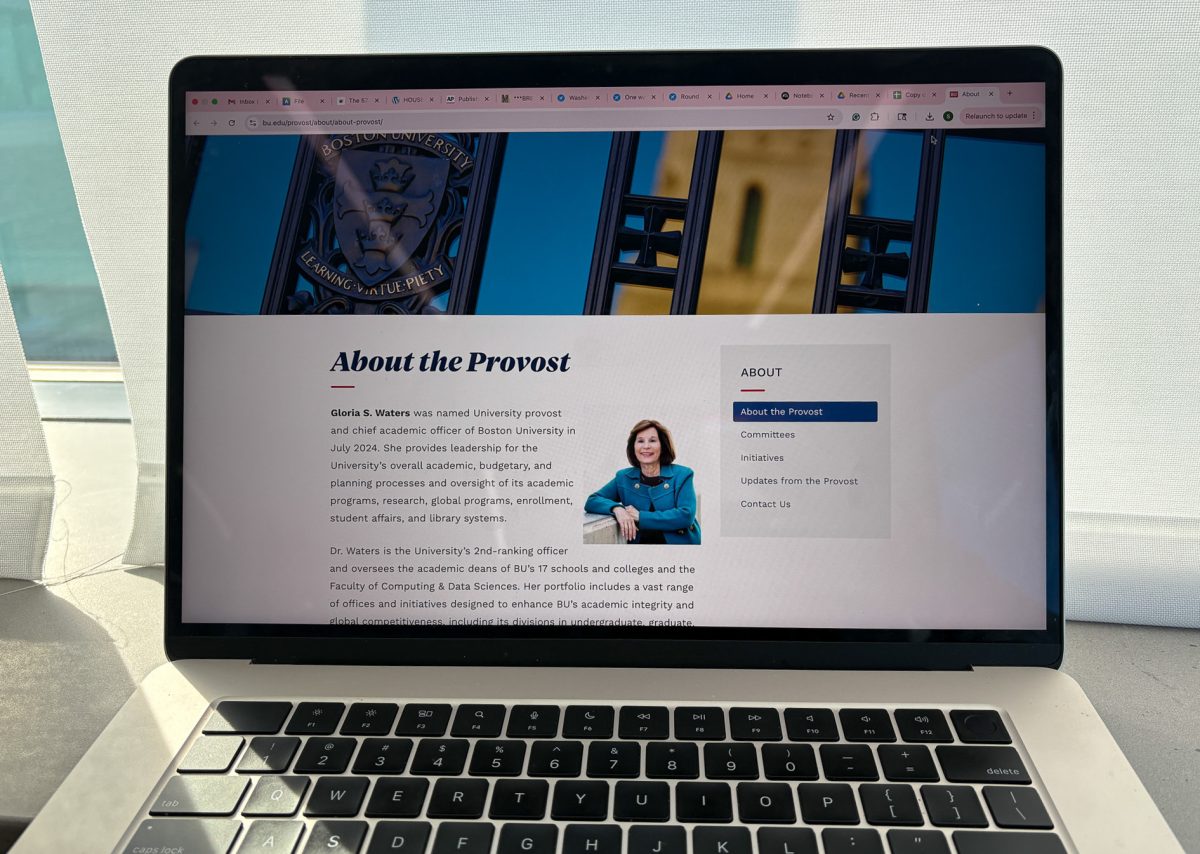
There is a negative relationship between college rankings and student-faculty interaction, researchers at Indiana University Bloomington’s Center for Postsecondary Research found in a paper published Friday.
Using data from the 2013 National Survey of Student Engagement survey, researchers reached this conclusion while examining the correlation between rankings from publications such as U.S. News & World Report, Forbes and Washington Monthly in addition to student engagement, the paper stated.
“There was a finding that student-faculty interaction decrease as institutional rank increase, so institutions that are more competitive in the ranking schemes [and] those students have less interaction with the faculty. That’s not surprising to us, but it actually confirms the findings of the previous paper,” said John Zilvinskis, one of the authors of the report.
The report is based on a paper published in 2004 that looked at the U.S. News’s national university rankings and results for the NSSE national survey, Zilvinskis said.
The purpose of the newly released report was to look at new aspects of quantitative reasoning by measuring student engagement, including more institutions in the analysis and looking at rankings from more sources other than U.S. News, he said.
Louis Rocconi, also an author of the paper, said the results provide more insight into rankings and ways they are used.
“Rankings are supposedly intended to measure some kind of quality about the undergraduate experience,” he said. “Our findings show that they aren’t related to what students are reporting what they’re doing in college.”
Alex McCormick, the director of the NSSE, said the report reflects a more important way of understanding college quality through participation, activities and experiences.
“It’s kind natural that rankings are the dominant understanding about what’s meant by college quality,” he said. “It’s useful and important to kind of interrogate that understanding through the lens of quality of the undergraduate experience as we [NSSE] understand and measure it.”
Information for the report was gathered through a survey administered yearly to first-year students and seniors at participating colleges and universities about their experiences in the current school year, McCormick said.
“We ask about the range of activities of experiences that previous research has shown to be positively related to the desired learning outcome,” he said. “We condensed those individual questions into a set of what we call engagement indicators, and this paper looks at the relationship of an institutions’ ranking to its average engagement indicator score.”
John Hall, a professor in Boston University’s College of Communication, said the results may reflect the concept that students at schools of higher ranking may not need as much direct engagement as some students who might enroll in lower-ranked institutions.
“The less higher-ranked institutions, they’re going have to accept students that need a lot of more support, and so one of their selling points would be that they actually work much harder to provide the connections and lower faculty-student ratios where the faculty might be doing more direct teaching,” he said.
Deborah Breen, a professor in the College of Arts and Sciences, said the report’s results could be applied to BU.
“Departments, like the writing program, do offer students the opportunity to interact with faculty. However, in most students’ experience, from what I hear at BU, in their first year, most students have much bigger classes, and so they may feel they don’t really get to know the professor,” she said. “Then as you go through, maybe by the time you’re a junior or a senior, you’re in smaller classes.”
Several students said they have observed the potential relationship between interaction with professors and rank of the university.
Madeline Godwin, a senior in CAS, said although it does occur sometimes, engaging with professors is difficult at such a large school like BU.
“It’s difficult to [access] with BU because it’s such a big school and a lot of the other top tiers schools aren’t as big,” she said. “I’ve witnessed student-faculty engagement in a lot of areas, but I also think it’s lacking in the bigger classrooms.”
Vivien Nguyen, a sophomore in CAS, said the student-faculty relationship is lacking possibly because students do not take the initiative to reach out to professors.
“I’ve realized that a lot of my peers don’t really seek out help from faculties unless they’re desperate,” she said. “It’s a bad thing because if you need help you should definitely seek it out, so I definitely think that we need to try to improve student engagement with faculty.”
Rui Li, a sophomore in COM, agreed that students should take advantage of all the resources BU has to offer.
“If you choose to go to a high-ranked school, one of the reasons is that probably you’d want to participate in the whole study environment, so if you choose to go to the better school, why not enjoy all the resources provided?” she said. “Use the resources and engage with your professors.”
























































































































